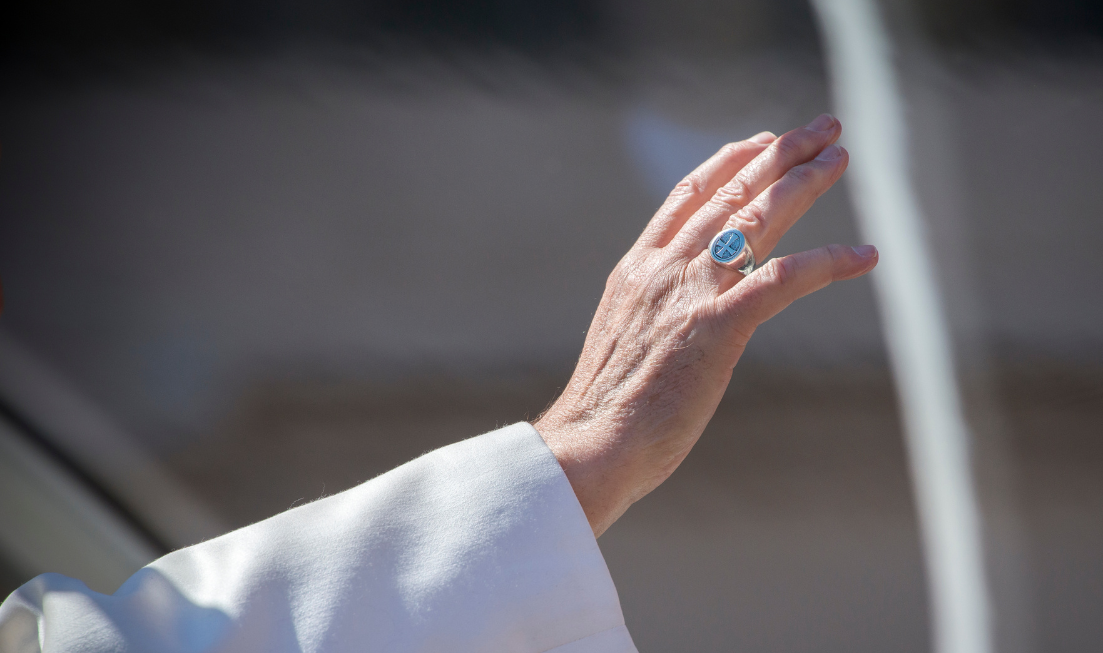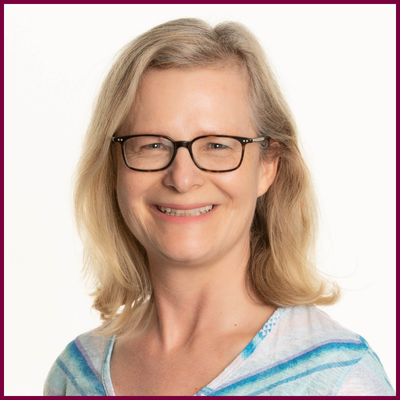‘Fathers have different styles’ — Megan Armstrong on what’s next for the Catholic Church

The complex internal process of the Conclave makes it hard to predict who will be chosen to succeed Pope Francis at a time when the church faces tremendous challenges. (Adobe image)
BY Andrea Lawson
April 25, 2025
Pope Francis leaves behind a Catholic institution that saw significant progressive changes during his tenure, but whether that continues remains to be seen, says a McMaster professor who specializes in early modern Catholicism.
 “There’s almost a cyclical dimension to the culture of the church and you can read it through the popes that emerge,” says Megan Armstrong, a professor in the department of History.
“There’s almost a cyclical dimension to the culture of the church and you can read it through the popes that emerge,” says Megan Armstrong, a professor in the department of History.
“It’s not necessarily predictable who is going to be chosen.”
Armstrong looks at the evolving landscape of the Catholic Church and the potential directions it may take following the tenure of Pope Francis.
What legacy is Pope Francis leaving behind?
The church is a complex and diverse institution. We’ve had progressive popes going back to the 1970s (and before) and then went through a series of more conservative popes.
I think what’s interesting about Pope Francis, who was born Jorge Mario Bergoglio, is that he clearly came in as someone intent upon privileging a pastoral, inclusive agenda.
That he — a Jesuit — chose the papal name Francis reflected his spiritual indebtedness to a saint who spoke about love, peace, community. Both the Jesuit and Franciscan orders are also missionary orders, known for their global perspective on matters of faith and willingness to engage across communities.
Pope Francis’ more progressive agenda was by no means embraced by all Catholics, and he was also criticized for his handling of other issues, in particular clerical abuse.
But his activism on behalf of peace in Gaza was important and very personal to him. He advocated for an end to poverty while publicly chastising the greed of global elites. He raised the alarm about rising authoritarianism. He also insisted that LGBTQ individuals had a home in the Catholic church.
In terms of climate change, he said it was very important to believe the scientists. He was willing to be vocal about what he perceived to be serious threats to society, whether internal or external in nature.
What are some of the next steps for choosing the next Pope?
After the funeral, the cardinals will quickly go into Conclave. Conclave goes back to the 13th century and it’s when the cardinals, who are the leaders of the church, gather to vote.
During this period the cardinals are locked in together until they come to a decision. This is a process of negotiation. There are frontrunners but really, no one knows who will be chosen next, and it’s going to come down to this critical internal process in which they are locked in together.
During this time, they’re discussing, praying, giving sermons to one another, trying to come to a decision. It can take several ballots over the course of several days, though Bergoglio was chosen rather quickly after only four ballots.
What do we know about the potential frontrunners?
For most of us watching from the sidelines, Conclave is one of the rare moments when the leadership of the church is put on public display. We learn about cardinals who are considered particularly influential and their potential constituency within the curia and beyond.
What one can say is that those who seem to be on the long-short list represent a diversity of opinion in the church that range from quite conservative to the progressive on issues including homosexuality, abortion, climate change, the role of women in the church and many others.
They also visibly manifest the global reach of the Catholic tradition, with frontrunners coming from every continent. It will be interesting to see who the cardinals believe will be the right person to manage the church in this present time of crisis. The church is facing enormous challenges internally as well as externally.
Can you talk a bit about the role of the pope and the world?
We should think about the pope in both local and global terms. He is titular ruler of Vatican City — he is a leader of this state. But he is also the head of a global religious institution that has existed for centuries and is deeply rooted in many societies materially and politically, as well as spiritually.
For these reasons, the voice of the pope carries significant moral and political authority for members of the church (for better or for worse), but also for many who are not.
The extent to which the passing of Pope Francis stimulated global expressions of mourning is striking evidence of the reach of his voice.
As a Canadian, it seems especially meaningful and important to ponder his recent apology on behalf of the Catholic Church to the Indigenous peoples of Canada for the devastating impact of residential schooling.
To my mind, this apology, while long overdue, articulated a humble, reflective and inclusive model of church leadership that is sorely needed at the head at one of the largest religious traditions in the world.
For better or worse, the pope is a global figure and his voice is influential.
Would you say the role of the pope has changed over time?
I think it always changes. He’s the “father” (pater) of the institution, so to speak, and fathers have different styles.
Every pope is active in reshaping the church. Pope Francis had a very strong style. He was working to shape the institution through his own personality but also institutionally. What is the papacy now? Is it less influential in the modern era than 100 years ago or earlier? I think it’s just as powerful, if not more so, but its continuing relevancy will also depend upon how it speaks to the moment.
We’re in an age where there’s movement by authoritarian forces to pull the world apart but, in fact, we’re very much integrated. The governance of the new pope is going to have profound consequences for what the world looks like down the road. It could be a voice for inclusion, equity and peace, like Bergoglio, and for working on problems globally as a community.
It could also be a force for retrenchment, division and for isolation. This is why we are all watching this moment very carefully. As they say, elections matter.


